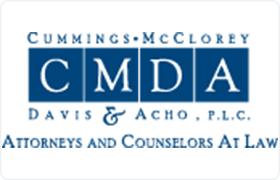Lees Summit Real Estate Lawyer, Missouri, page 4
Sponsored Law Firm
-
 x
x

Click For More Info:
-
Cummings, McClorey, Davis & Acho, P.L.C
800 E 101st Terrace Suite 101 Kansas City, MO 64131» view mapBusiness and Real Estate Law Offering Legal Advice Sine 1965
Cummings, McClorey, Davis & Acho, P.L.C(CMDA) is a premier law firm offering high-quality, efficient and affordable legal services to a broad spectrum of clients.
800-793-4020
Patricia L. Lear-johnson
Power of Attorney, Landlord-Tenant, Traffic, Family Law
Status: In Good Standing Licensed: 41 Years
John Scott King
Real Estate, Wills & Probate, Trusts, Estate Planning, Estate
Status: In Good Standing Licensed: 46 Years
James B. Jackson
Power of Attorney, Commercial Real Estate, Constitutional Law, Corporate
Status: In Good Standing Licensed: 47 Years
James B Jackson
Power of Attorney, Commercial Real Estate, Constitutional Law, Corporate
Status: In Good Standing Licensed: 47 Years
James E. Ewan
Commercial Leasing, Corporate, Business Successions, Business Organization
Status: In Good Standing Licensed: 48 Years
 Brian Goldstein Kansas City, MO
Brian Goldstein Kansas City, MO Practice AreasExpertise
Practice AreasExpertise
